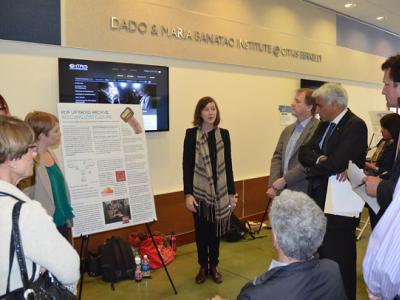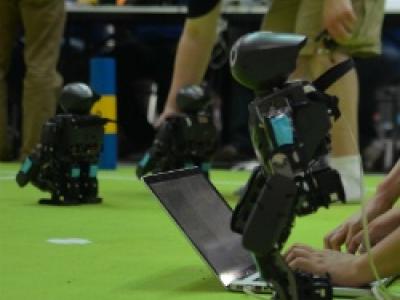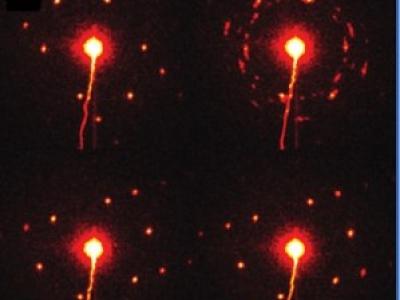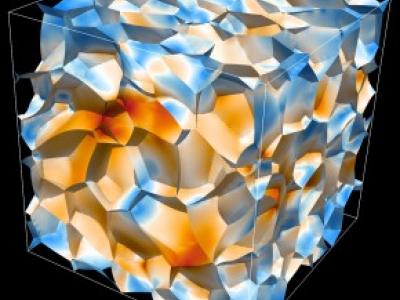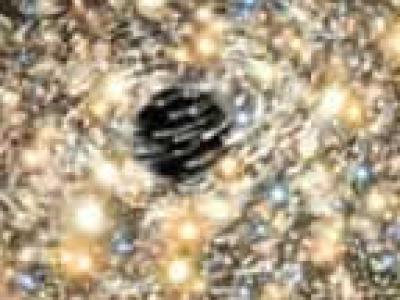Simons Foundation awards UC Berkeley $60 million for theory of computing institute
The Simons Foundation has awarded a landmark $60 million grant to UC Berkeley to establish a theory of computing institute that promises to catalyze new advances in broad disciplines that affect our everyday lives, from how we spend our money to how we fight disease.


